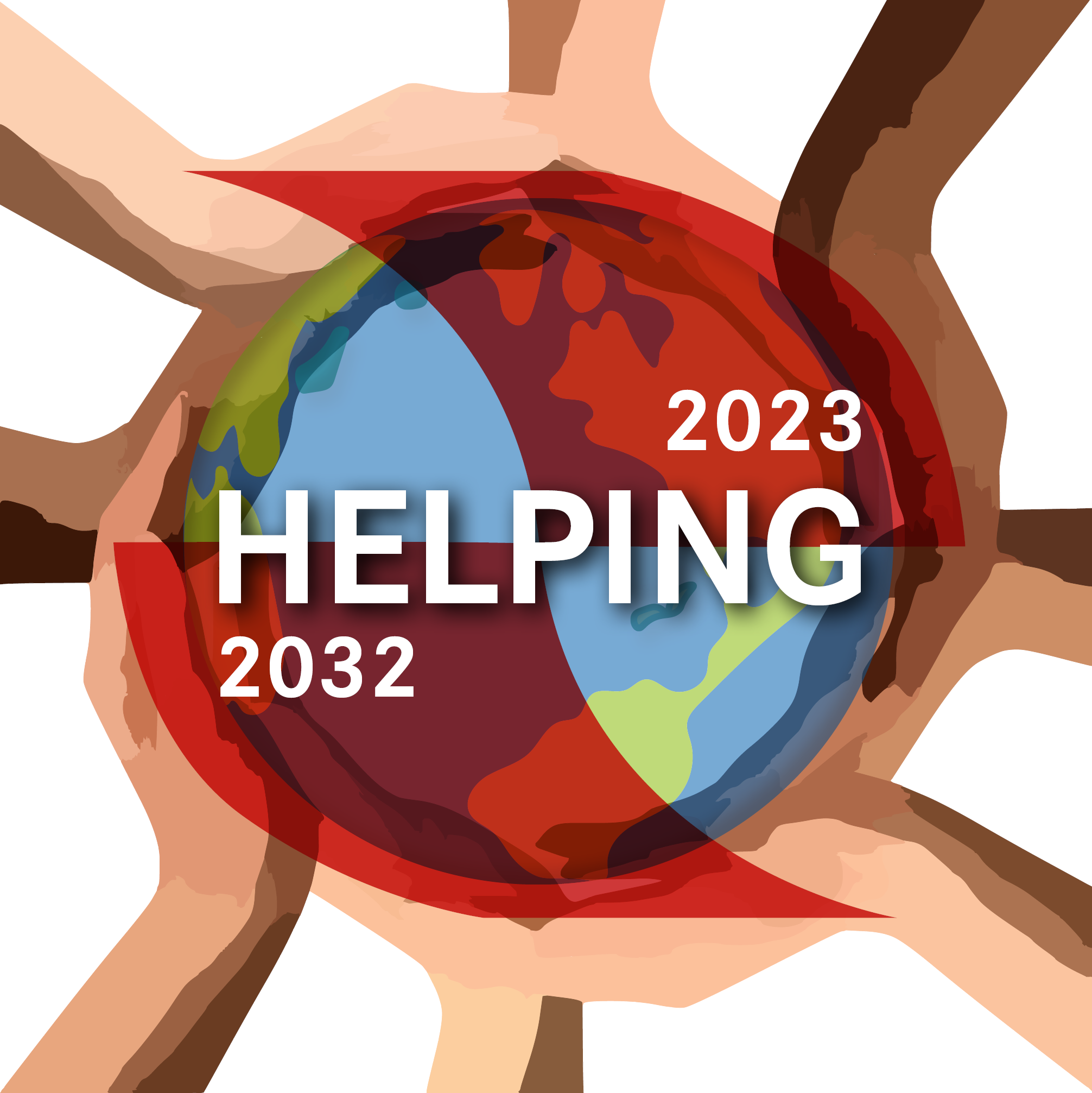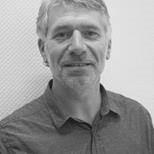IAHS News
Congratulations to the HELPING Theme Leaders!

Three Theme Leaders are selected to lead the clusters of Working Groups during the initial period of the Science for Solutions decade HELPING. Currently, HELPING has consolidated into 25 Working Groups with 6-140 participants each (42 on average) to which members can still sign up.
The IAHS management team has now evaluated the candidates who applied as Theme Leaders, who will help organise the new Science for Solutions decade HELPING. We are happy and grateful to announce the following volunteers who will serve the IAHS community in leading this initial phase of the decade.
Theme 1: “HELPING with global to local interactions” (14 Working Groups)
Prof. Justin Sheffield; Head of the School of Geography and Environmental Science at the University of Southampton, UK.
Justin has more than 30 years of experience in research, applications, and leadership across a diversity of hydrological topics, from fundamental understanding of processes, including under climate change, water resources assessment and management, and the science and applications of the water-energy-food nexus. He has carried out this research at global, regional and local scale, including working directly with communities, and has worked on understanding scaling issues, cross-scale interactions and data representation that would be relevant to this theme. He has extensive experience in working with, generating, and disseminating data and models across these scales.
Moreover, he has substantial experience in dealing with capacity development and co-creation with people in financially disadvantaged countries. He has developed networks of researchers and practitioners to provide opportunities for collaboration, employment and learning beyond the lifetime of single projects.

Justin Sheffield - University of Southampton
"In this position, I will leverage my experience to lead the theme over the next 2 years such that it develops into a vibrant and active programme, and is in a good position for the next 2 years under the following theme leader. Moreover, I will apply as flat a management structure as possible, to provide early career researchers experience in leadership", says Prof. Justin Sheffield.
Theme 2: “HELPING with holistic solutions for water security” (8 Working Groups)
Dr Ana Mijic; Director of the Centre for Systems Engineering and Innovation & Reader in Water Systems Integration at Imperial College, London, UK.
Ana is leading and supporting a broad and interdisciplinary research group, working across multiple aspects of water systems integration and systems modelling. She is a lead author for the “Coevolution and Prediction of Coupled Human-Water Systems: A Synthesis of Change in Hydrology and Society” in the IAHS Panta Rhei Synthesis Book that will be published in 2023.
Ana applies systems approaches to water management, and has been working on novel methods and tools for integration and coordination of interventions for both managing the high and low flows and water quality. Ana has been conducting academic research for ten years and has been involved in water management research in the UK, India, South Africa and Malaysia, among others. She has worked on the integration of water and energy systems, water and planning systems as well as Nature-Based Solutions.

Ana Mijic - Imperial College, London
"As a Theme Leader, I will create a shared perspective based on the topics of individual Working Groups (WG). This will enable the WG leaders to see their role within the theme, but also to find other WG that they would potentially like to collaborate with”, says Dr Ana Mijic, and continues: “I will make sure that there is a process how to communicate findings from the Working Groups, not only by them reporting to the Theme Leader, but also by creating forums where groups can communicate between themselves, particularly if topics of their research are complementary. As such, I will help shaping the narrative and integrating findings from Theme 2 WGs."
Theme 3: “Theme 3 HELPING with cross-cutting goals” (3 Working Groups)
Dr. Adeyemi Olusola; Assistant Professor, York University, Canada.
Adeyemi is a physical geographer by training who has worked across diverse geographical contexts from Nigeria to South Africa, and now in Canada. This unique perspective enables him to comprehend water-related issues through a global lens, bridging the divide between the Global North and South. Adeyemi is experienced in analysing extreme events, using trend analysis, climate model data and remote sensing. Recently he has also engaged in indigenous people’s perception of rivers. His history with IAHS includes participating in UPH and STAHY meetings.
Theme 3 is a bit different to the other two Themes as it is more focused on support than on science and, moreover, this theme is small with only three WGs. However, these WGs are important in boosting the other Themes and contributing with policy aspects, science communication and co-creation approaches for engaging with local people.

Adeyemi Olusola - York University, Canada
"My unwavering passion for all aspects of water, including its intricate issues, security challenges, and extreme conditions, drives my aspiration to contribute significantly to this crucial cause of HELPING", says Dr. Adeyemi Olusola, and continues: “I bring patience, trustworthiness, and an unwavering commitment to the principles of equity, diversity, and inclusivity. I am steadfast in my belief that regardless of race, gender, colour, or beliefs, fostering an environment of inclusivity is paramount. I am committed to creating spaces within my leadership where vibrant working groups and clusters can thrive, enabling open and productive discussions.”
Read more about the Science for Solutions decade HELPING and sign up to be included in Working Groups HERE!
